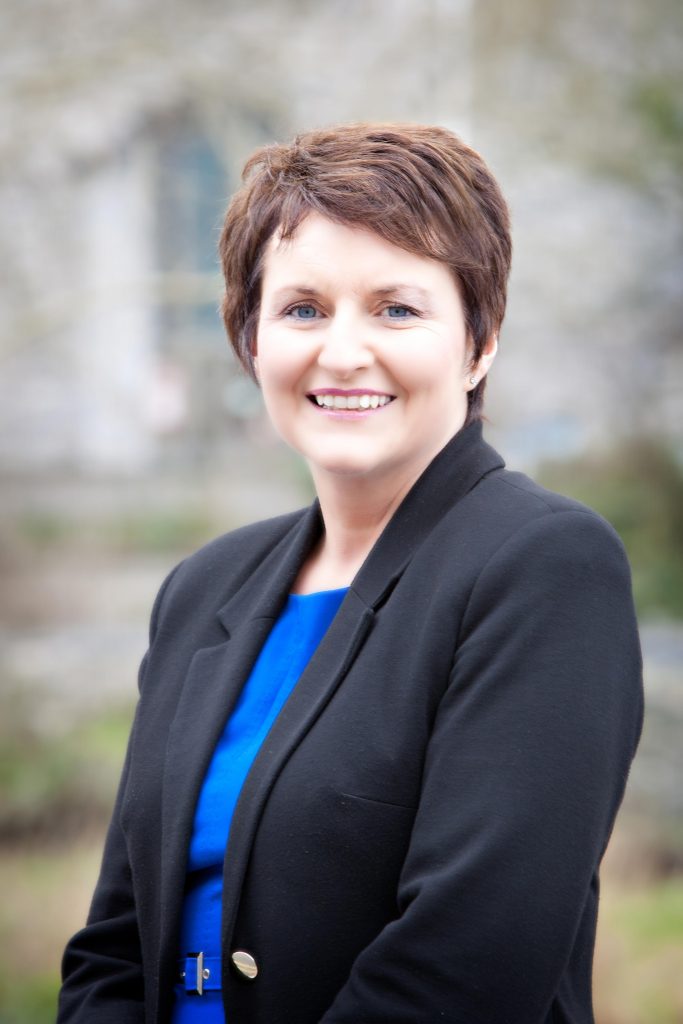A question that regularly comes up in job interviews for teachers, assistant principals, deputy principals and principals is ‘how do you deal with conflict?’ It can really throw candidates so it is important to be prepared beforehand, writes Patricia Maloney, Career Coach, Sli Nua Careers.

Based on my experience interviewing and managing numerous teachers as a school principal, and as a career coach with Sli Nua Careers, your answer should show you to be mature and reflective, and eminently capable of defusing conflict situations before they get out of hand. It should also demonstrate that you have a structured approach to dealing with conflict, whether with students, parents or colleagues.
Your answer, therefore, can only be as good as the method you deploy for dealing with conflict. Here, I have written what I believe to be a good interview answer, offering as it does an overview of a structured approach and a high level of reflectiveness and self-awareness. A teacher reading this might be interested in the structured approach deployed when dealing with the conflict, either in terms of adopting it into their own practice or in the way in which I have communicated it in the answer:
“In a conflict situation, I am somebody who listens first, and acts or responds later.
“The first step in resolving any conflict or issue is to establish the common ground with the other person. See what we are both committed to – e.g. if the conflict is with a colleague who wants to deliver high quality education to the students, the common ground is that this is what I, as a teacher, also want.
“So therefore by establishing the common ground, I immediately shrink the conflict. We can both see that we’re not actually in full conflict, but in agreement on something, with just one area of conflict or disagreement. In this way, I isolate the exact problem or conflict, making it smaller rather than bigger.
“I always allow the other party an opportunity to fully outline their point of view. From experience, I know that by allowing somebody to get something off their chest, the job of resolving the conflict becomes easier. People want to be heard.
“To make sure they know I am actively listening to them, I reflect back to them what they have said. This might take the form of ‘am I correct in understanding that…?’ or ‘I can see that this is an issue that has caused you a lot of upset…’
“Then, in a very calm and professional manner, I put forward my own view of the situation. I do this in a solution-focused manner, not defensively, so that we are working towards a win-win for both parties. I take the emphasis off the conflict and put it on a specific task or activity that we can now carry out to resolve the problem.
“I suggest a task or activity, and ask the other person to suggest their own, or modify mine. In this way, we are now working together on a solution. It is vital to put the energy and attention there, rather than dwelling on the conflict.
“We agree to carry out the tasks or activities and also, crucially, to review them at a specific point in the future to see if we are making progress. I have generally found this to be a very useful way of resolving conflict.”
Some further points about the ‘conflict’ question:
- Perhaps, you can use an example of when you actually deployed this approach, and the results you achieved.
- Conflict is always best dealt with in a timely manner, and in private – no audience. It should not be allowed to fester.
- Sometimes, yes, there may need to be a cooling-off period if there is a lot of anger in the air – show that you have the maturity to recognise when this is the case. But, as I said above, don’t let it fester; resolve it as soon as possible.
- Look for ways to reframe conflict when in conflict with a student. The sandwich approach (a positive start and finish, either side of some future-oriented instructions in the middle). For example, if your conflict is with a student who regularly turns up late for school, you could give the student positive reinforcement before introducing the negative (i.e. ‘you are a very good student, and you’re making a big contribution to the school through sport and drama, but we could do with looking at your punctuality. Is there any reason why or how might we be able to improve this?”) Once you agree on an action designed to solve the issue, you could finish with more positive feedback (“great to see that everything else is going great for you or good luck in the match next week, I’m sure you will do great”).
- Avoid conflict with groups. If, say, a group of 30 students come to a Year Head requesting a meeting, ask that they nominate a representative group of four or five students. It is easier to negotiate in this way. In large groups, things get polarised easily. Nobody wants to back down or lose face.
- I favour the LISTEN approach when working with an irate parent as it can defuse a difficult situation:
- L is for Listen – actually listen. Take care to hear what they are saying;
- I is for Inquire – ask questions. Clarify that you’ve heard them correctly;
- S is for Sympathy – if they had to take time off work to come to meet you, say that you appreciate this and you’re sorry they were inconvenienced;
- T is to Thank them – ‘thank you for bringing this matter to my attention’;
- E is for Empathy – ‘I can see how upsetting this is for you or how frustrated you are;
- N is for Now – as in, act now. Give an undertaking to do something about the issue.
Patricia is an experienced and highly-successful Career Coach with Sli Nua Careers. She has mentored candidates to achieve successful career outcomes all over Ireland, and, indeed, overseas.
In 1990, she founded the first private college (Park College, Galway) to provide a repeat Leaving Certificate programme to second-level students in the west of Ireland. A pioneer and an innovator throughout her life in education, she saw over 2,500 students pass through the college.
Working closely with so many students helped to develop Patricia’s in-depth knowledge of careers. She possesses an expertise in helping people to realise their full potential.
She is an Honours Graduate of Business Studies from Galway-Mayo Institute of Technology, an Honours Graduate from NUI Galway with a B. Comm, a. H. Dip. in Education, and a Bachelor of Law (LLB).

